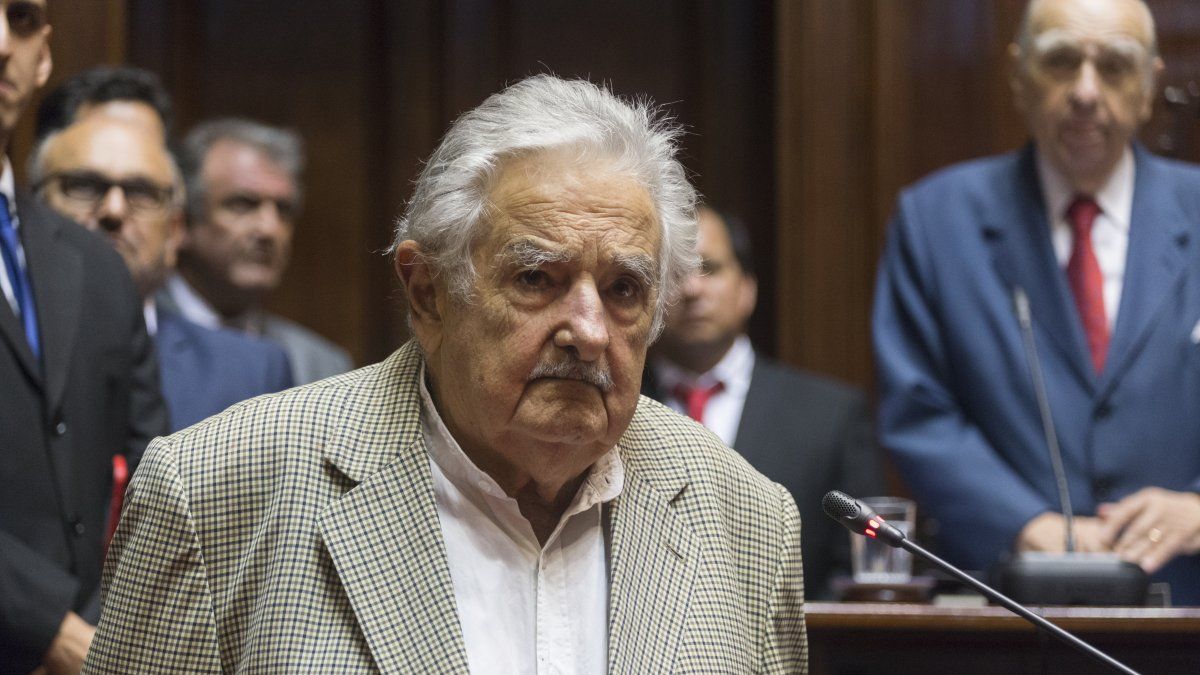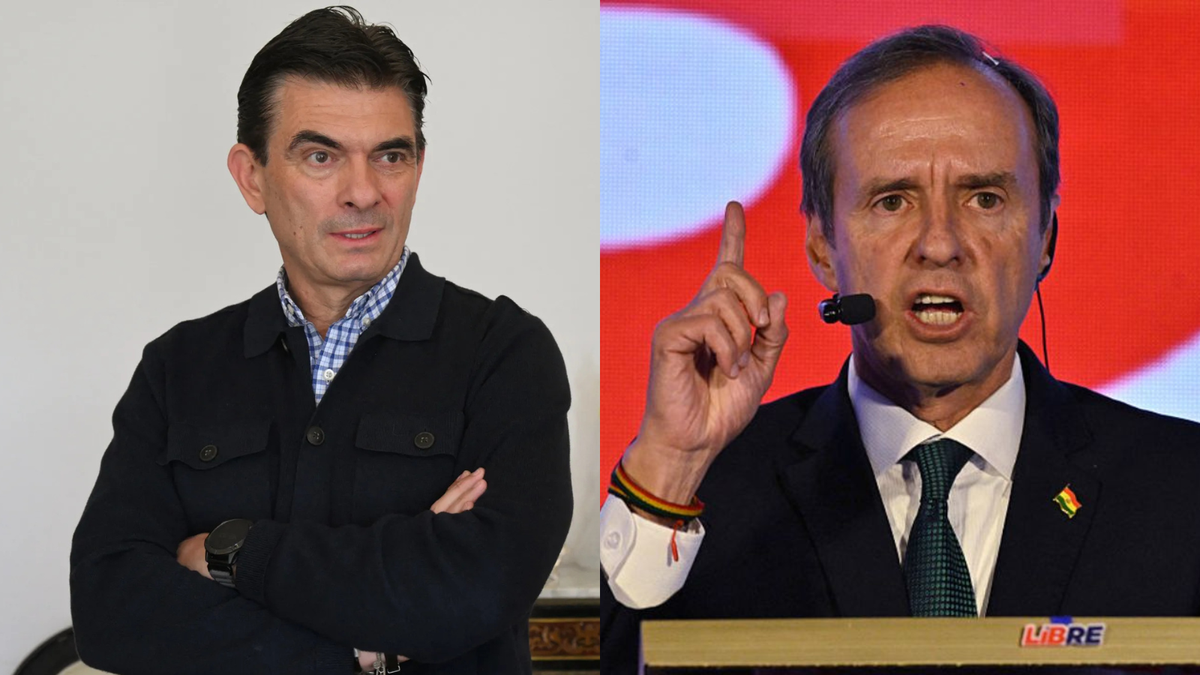The ex-president Jose Mujica once again criticized the government of Javier Milei in Argentina, now for the management of the epidemic dengue that the neighboring country suffers and asked not to neglect the scientific system: “Argentina, more than ever, that happy and formidable Argentina that was splendor, increasingly resembles what our poor country is. Latin America”, he warned, and recalled that “no lamb was saved by bleating.”
In his usual opinion column on Radio 10, Mujica criticized the management of dengue, which is already an epidemic in the neighboring country. A situation aggravated by shortage of prevention products such as repellents and the defunding of the scientific system carried out by the Milei government in the midst of a policy of adjustment and cutting of the State.
In this regard, the former president indicated that he was aware of the shortage and of the high prices of repellent in Argentina. “I know because some Argentines have come and taken a lot of repellent from here,” he said, adding “they should travel to Brazil to achieve because we are going to stay on the canvas.” This, in relation to the situation itself experienced Uruguay with the spread of the virus where, in places like Leap, is particularly worrying.
For Mujica, the figures of 180,000 infections and 129 deaths on the other side of the Silver river respond to a “lack of foresight” of what could happen to the authorities, who continue not to take the necessary measures to contain the epidemic.
The need for a State present in science
In addition, Mujica reiterated the need for a present state, “vigilant”, in terms of health and safety issues scientific investigation.
CONICET March
Photo: Télam Agency.
“I think these are problems that are here to stay. The idea of security cannot be reduced to a police or military issue; The idea of security, increasingly, is embedded in the health issue, of facing the challenges imposed by the public health. This activity in the State becomes a central issue because several global indices are indicating that things are happening in the world that affect the classic biological cycles,” he stated, emphasizing the instability of the climate and its consequences on biological balances.
Being exposed to this, human beings “need the permanent presence” of a State that collectively protects them, as well as the areas of science that help mitigate the effects, said the former president.
Along these lines, he recalled that at Latin American researchers “they tend to capture them and take them” from other countries: “We tend to lose the most valuable active capital of our societies, but which usually does not make noise; and it is there and we do not value it. It acquires a value when the potatoes burn and then we forget, and so on. It takes a state policy long-term plan that visualizes these issues,” he warned, not only as a criticism of the Milei government – which carries out policies to defund the scientific sector, with budget cuts and layoffs in key areas of the main science and technology organizations—; but as a wake-up call to all Latin American governments.
“The biological challenges are going to be around the corner because there are many of us in the world, we influence nature and accelerate the keys to the change that nature has in its enormous vastness. That will have things for good, and many for bad, and we need that science protects us. But since these issues touch the budget and are medium and long term, still rushed by the fiscal deficit and everything else is what they will least remember, and one of the many misfortunes of our Latin America,” he considered.
Source: Ambito




